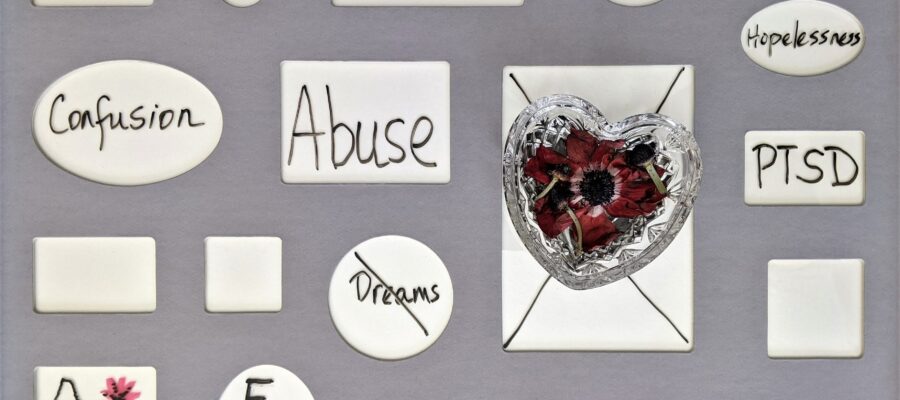Do No Harm: Transformative Lessons From Investigating Traumatic Events

Disclosure: As workplace and regulatory investigators, we are not healthcare or mental health professionals, and this article is solely based on our personal experiences.
In the realm of investigations, we often find ourselves grappling with the profound trauma experienced by others. This work can have a significant impact on investigators, potentially triggering memories of their own past trauma. However, within this exposure to others’ trauma, lies an opportunity for growth and collective transformation. This article explores the empowering lessons that can be learned from investigating traumatic events, shaping our perspectives, fostering resilience, and driving positive change. Embark on a journey of self-discovery, reflecting upon the lessons learned and the paths to growth through our investigative work.
Compassion: A Catalyst for Empathy and Integrity
During investigations, we are often witness to the indomitable spirit and strength of people. In these moments, the power of compassion shines through. By extending empathy, kindness, and understanding, we create an environment where healing can naturally occur, both for those we work with and ourselves. While our role as investigators does not encompass providing therapeutic healing, we can adopt the principle of “First do no harm.” Compassion becomes our guiding force, allowing us to approach our work with integrity and a deep sense of responsibility to ensure we do not inflict further harm. The lesson is clear: compassion is not an abstract virtue, but a transformative force that nurtures personal growth and enables us to make a lasting impact in the lives of those we encounter.
Self-Reflection: A Journey of Empathy and Growth
The challenge of investigating traumatic events prompts us to embark on a journey of self-reflection. Delving into our vulnerabilities, biases, and blind spots opens the door to personal growth and the cultivation of empathy. Through introspection, we gain a deeper understanding of our emotional responses and reactions, enabling us to refine our approach and foster greater empathy. This journey allows us to become more aware of the impact our work has on others and empowers us to continuously learn and adapt. By embracing self-reflection, we navigate the complex challenges of traumatic investigations with wisdom, grace, and a heightened understanding of the human experience.
Collaboration: Amplifying Impact Through Unity
Within the investigation process, there is often an opportunity for collaboration and interdisciplinary cooperation. Embracing diverse perspectives and working alongside professionals from various fields allows us to build resilience, adaptability, and a holistic approach to address the intricate challenges we encounter.
Building Trust: The Foundation for Empathy and Ethical Practice
Trust serves as the cornerstone upon which effective communication, collaboration, and ethical practice are built. By fostering an environment of transparency, empathy, and reliability, we create a safe space for individuals to share their stories. Prioritizing trust-building efforts becomes paramount, enabling us to forge connections and achieve our goals as investigators, while potentially helping those we interact with during our investigation process. As investigators, building trust with survivors, communities, and other stakeholders is essential to providing the support and guidance necessary for truth-seeking and justice. We recognize that trust must be earned through our actions, integrity, and commitment to upholding the rights and dignity of those we serve.
Resilience: Nurturing Strength and Learning From Adversity
Investigating traumatic events demands emotional strength and resilience. Nurturing our well-being through self-care and setting boundaries becomes essential for sustaining our dedication to making a difference without compromising our own mental health. Recognizing the significance of self-care is not an act of selfishness, but a crucial aspect of fortifying our resilience. By practicing self-care, we bounce back from challenges, cultivate inner strength, and approach our work with a renewed sense of purpose. Through resilience, we learn from adversity, adapt our strategies, and continue to make a meaningful impact in the lives of those affected by trauma.
As we embark on this transformative journey of investigating traumatic events, it is important to embrace the lessons along the path. This enables us to accomplish our investigative tasks while avoiding further harm. These insights inspire personal growth, foster empathy, and allow us to make a positive, rather than negative impact on the lives of survivors and, by extension, communities. Together, with compassion, self-reflection, collaboration, and resilience, we navigate the challenges with integrity, grace, and a commitment to learning from our experiences. Through our investigative work, we contribute to a world where empathy and the pursuit of truth can not only coexist but make the work we do better and more impactful.

